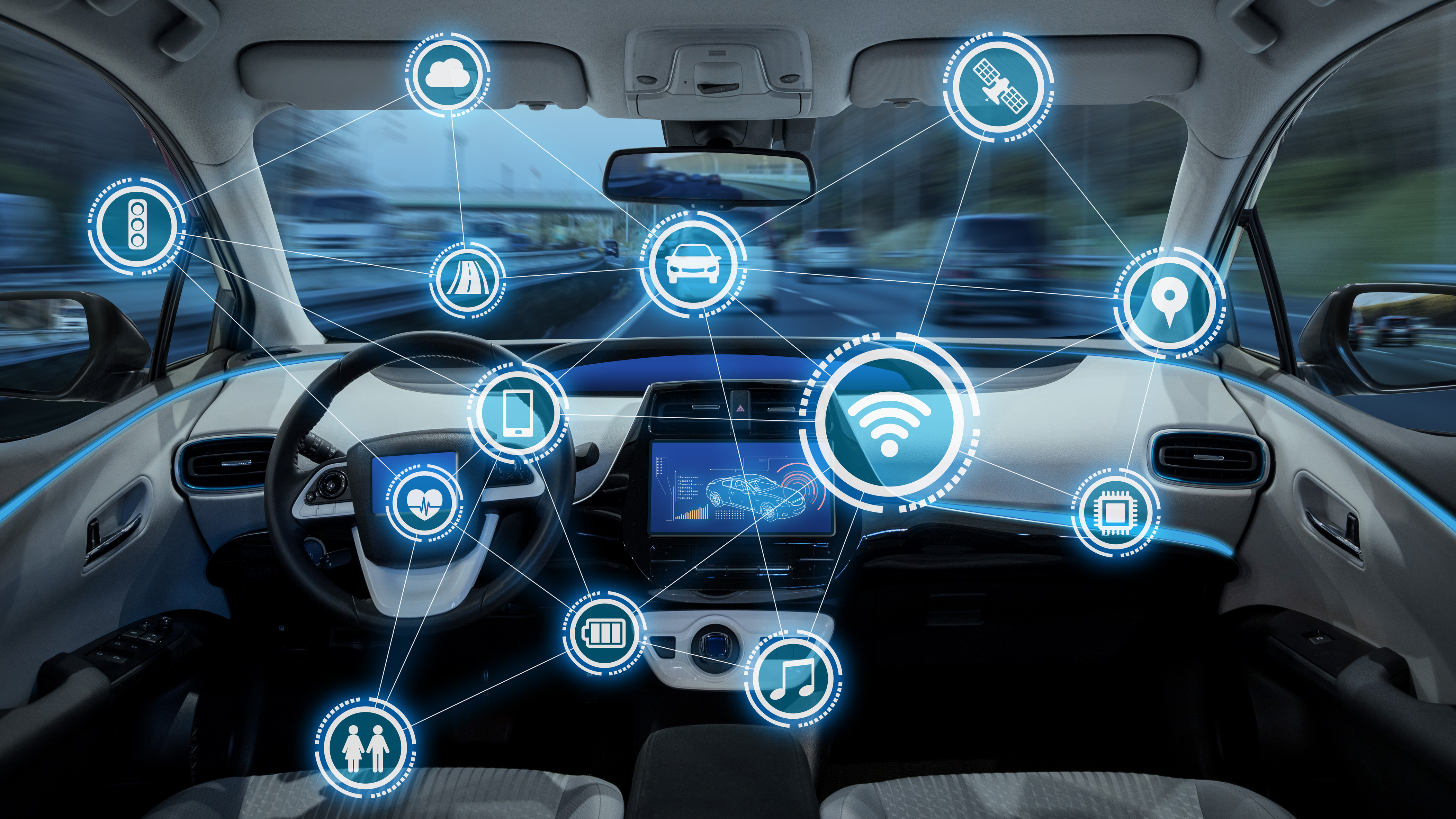The automotive industry is undergoing a significant transformation fueled by technological advancements. The traditional vehicles we know today are transitioning into sophisticated machines that incorporate artificial intelligence, electrification, and advanced safety features. In this article, we will explore what the future holds for automotive technology and what to expect in the coming years.

The Rise of Electric Vehicles
One of the most significant shifts in the automotive industry is the rise of electric vehicles (EVs). With advancements in battery technology, EVs now offer longer driving ranges and faster charging times than ever before. Automakers such as Tesla, Nissan, and Ford are investing heavily in EVs, which are expected to become increasingly popular among consumers.
Although EVs currently represent a small percentage of overall vehicle sales, their adoption rate is increasing rapidly. As battery technology continues to improve, we can expect to see more affordable EV models with extended driving ranges entering the market, making them more accessible to everyday drivers.
Artificial Intelligence and Autonomous Driving
Another major trend in automotive technology is the integration of artificial intelligence (AI) and autonomous driving. AI is being used to develop advanced driver assistance systems (ADAS), which can detect potential hazards and help prevent accidents. These systems use sensors, cameras, and machine learning algorithms to analyze road conditions and provide real-time information to drivers.
Autonomous driving is another area where AI is playing a significant role. Self-driving vehicles are becoming increasingly common on roads around the world, with companies like Waymo, Cruise, and Tesla leading the way. While fully autonomous vehicles may still be a few years away from mass adoption, they have the potential to revolutionize the way we commute and travel.
Advanced Safety Features
Safety has always been a top priority for automakers, and with the rise of AI and autonomous driving, we can expect to see even more advanced safety features in future vehicles. For example, some cars are already equipped with lane departure warning systems, adaptive cruise control, and automatic emergency braking.
In the future, we can expect to see even more sophisticated safety features like pedestrian detection and collision avoidance systems that use AI to analyze and respond to potential hazards on the road. These features will help make our roads safer and reduce the number of accidents caused by human error.
Connectivity and Infotainment
As technology continues to advance, so does the demand for connectivity and infotainment features in vehicles. Today’s drivers expect their cars to be connected to the internet and offer a range of features such as navigation, entertainment, and communication.
Automakers are responding to this demand by incorporating advanced infotainment systems into their vehicles. For example, many new cars now come with touchscreen displays that allow drivers to access apps, music, and other features. Some models even have voice recognition systems that allow drivers to control their car’s functions without taking their hands off the wheel.
The Future is Here
In conclusion, the future of automotive technology is exciting and full of promise. From electric vehicles and AI-powered safety features to advanced connectivity and infotainment systems, the automotive industry is undergoing a significant transformation that will shape the way we travel for years to come.
As consumers, it’s important to stay informed about these changes and how they will impact our lives. By embracing new technologies and staying up-to-date with the latest trends, we can ensure that we’re prepared for the future of transportation.